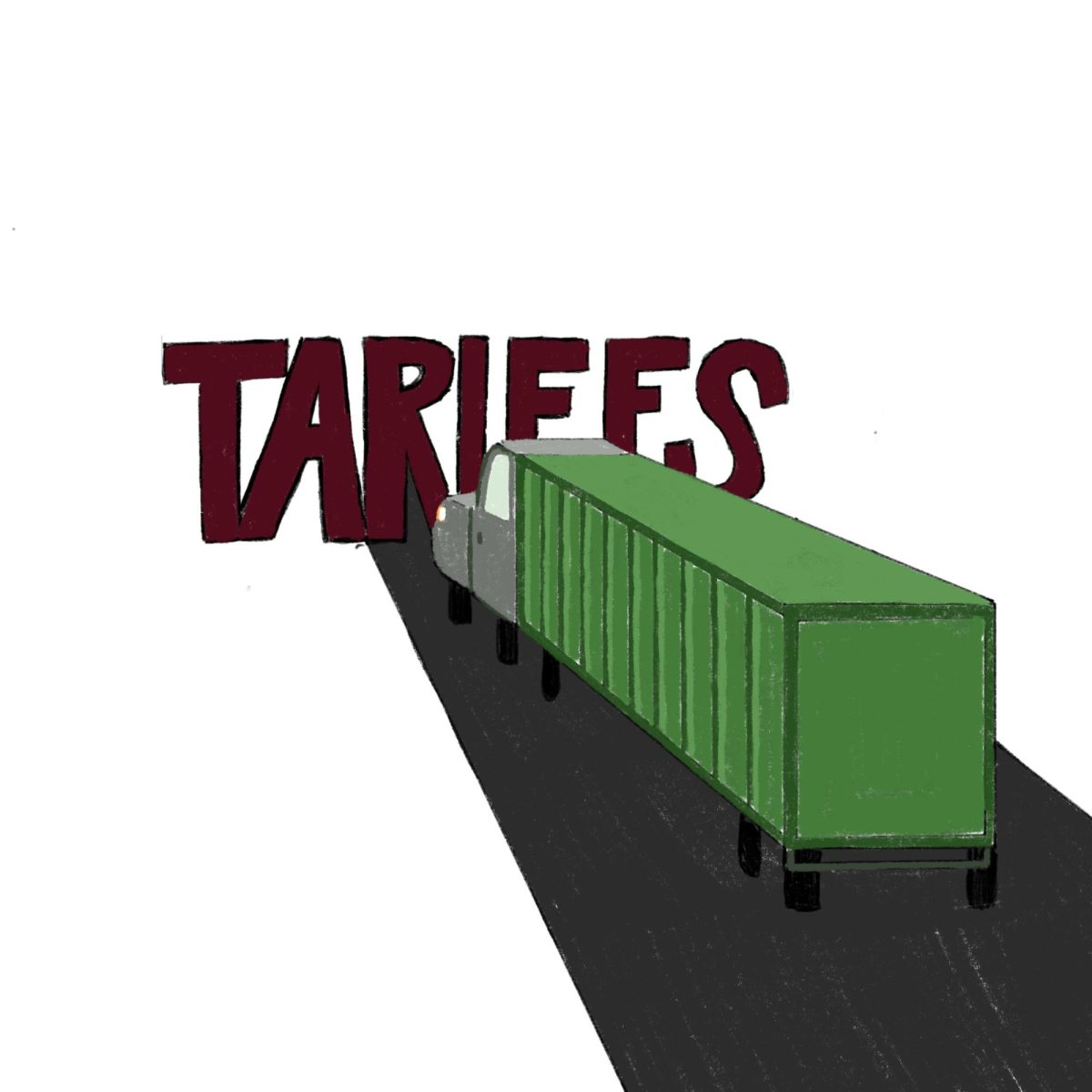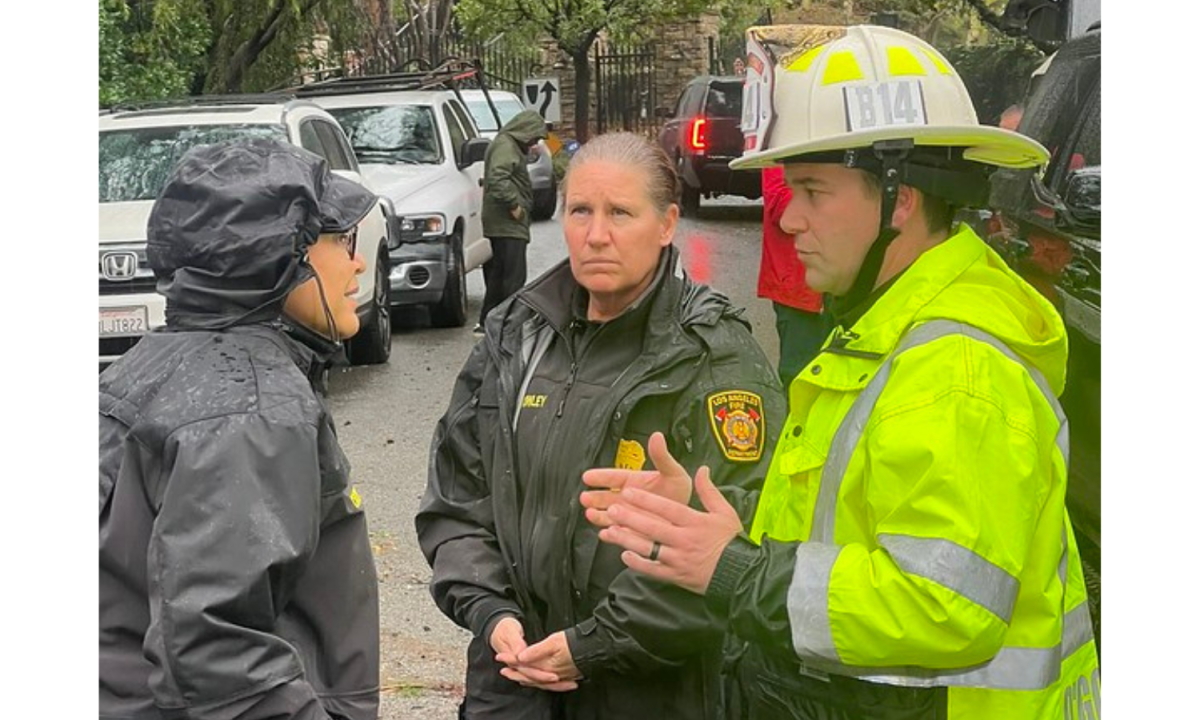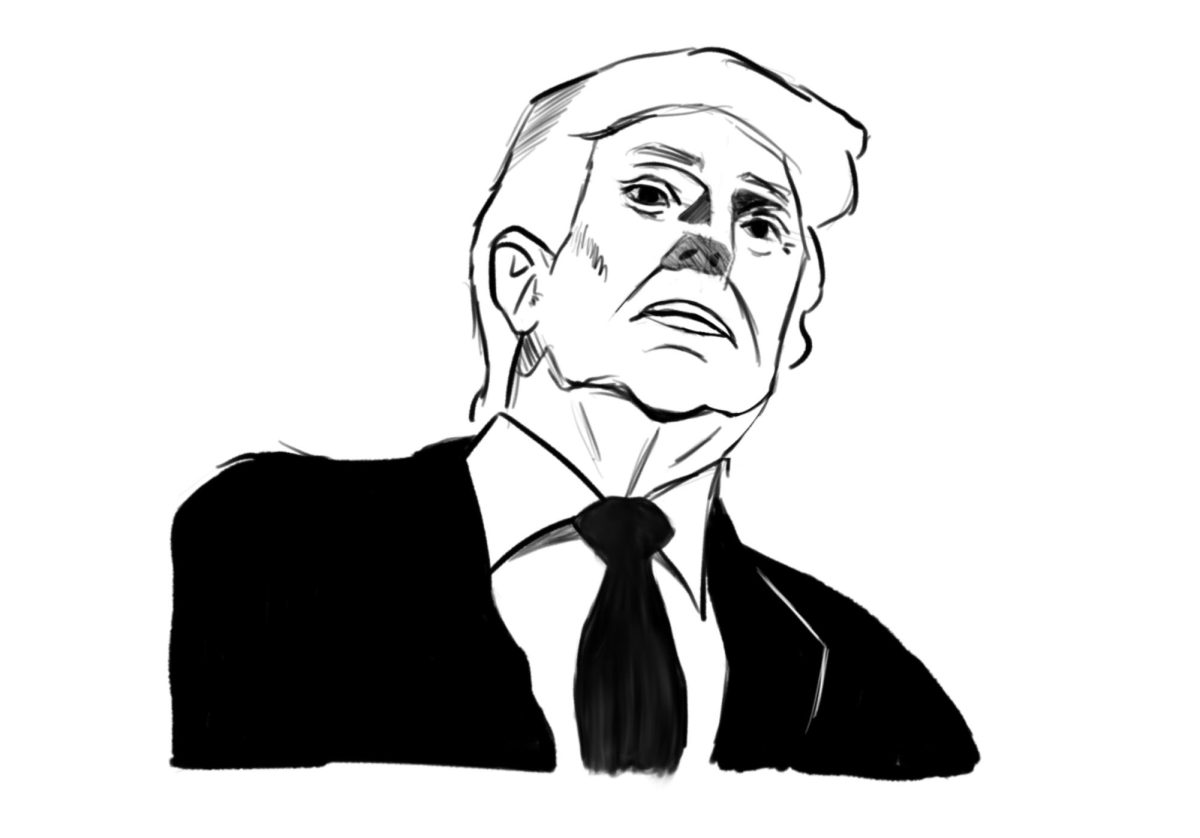Traditionally, presidential elections are focused on Democrats vs. Republicans, rarely spotlighting third-party candidates. However, this year’s presidential election saw the return of the Kennedy name in politics in the form of a third-party candidate, Robert F. Kennedy Jr. Coming from a prominent family in politics, the new independent is the son of Robert F. Kennedy, an attorney general, and nephew to John F. Kennedy, the 35th president of the United States.
Kennedy made his first mark not in politics but rather in environmental law. Most notably, he sued large corporations for their environmental damage to the Hudson Valley River and founded the Waterkeeper Alliance in 1999, an organization dedicated
to protecting water across the globe. Care for the environment has become a pillar of left-wing ideology, but Kennedy also supports issues traditionally marked as right-wing, such as his avid belief that children should not be vaccinated. With no political party to tie himself to, Kennedy chose to run as an independent, which proved challenging even before the official election began.
As an independent, Kennedy’s policies fall across the political spectrum, and he even espouses some more conspiratorial beliefs, according to Forbes. One of Kennedy’s more unique policies, labeled “Restore Our Rights,” involves “dismantle[ing] the censorship industrial complex, in which Big Tech censors, deplatforms, shadowbans and algorithmically suppresses any person or opinion the government asks them to,” according to his website.
“I have seen the trope that we must spotlight ‘the truth’ this election season more than ever,” Mattie ’25 said. “RFK’s ‘Restore Our Rights’ is grounded in a lot of the same sentiment as the ‘10 Truths’ of Vivek Ramaswa my, which, to me, elicits the divisiveness of our political climate today. No candidate is going to agree on what the ‘truth’ means vastly because partisan media has made the concept of ‘truth’ elastic.”
Although Kennedy originally ran against President Joe Biden for the Democratic Party bid, he abruptly shifted gears after receiving little support from other Democratic candidates. Now, as an independent candidate, Kennedy’s primary struggle is getting on ballots. As of April, Kennedy has only managed to secure a spot on Utah’s ballot, with states such as Hawaii, Idaho and Nevada still pending. Getting on the ballot is a challenge because of what it costs to effectively campaign as a third-party candidate with fewer supporters than a Republican or Democratic candidate. However, Kennedy has received $4.5 million from his running mate Nicole Shanahan, who donated to Biden’s campaign in the 2020 election, and $5 million from Timothy Mellon, who has a history of supporting Trump in past elections.
Even with financial support, a third-party candidate like Kennedy has a slim chance of making it to the White House, but he continues to make an impact despite not being on many state ballots.
“His candidacy could determine the outcome [of the election] even though he has no chance of winning [it],” Debate Coach and Program Head Adam Torson said. “Third-party candidates tend to take votes from major party candidates, and even though it
is a relatively small number of people, a few percentage points can tip the scales in a very close election.”
All in all, Kennedy’s candidacy could shake up the outcome of the 2024 election because, in a close race like this one, each and every vote counts.








